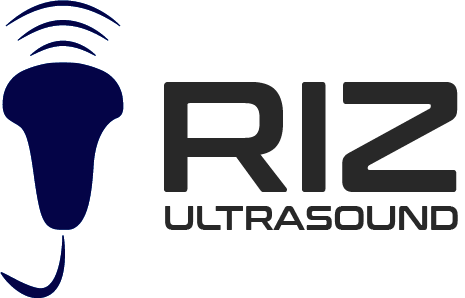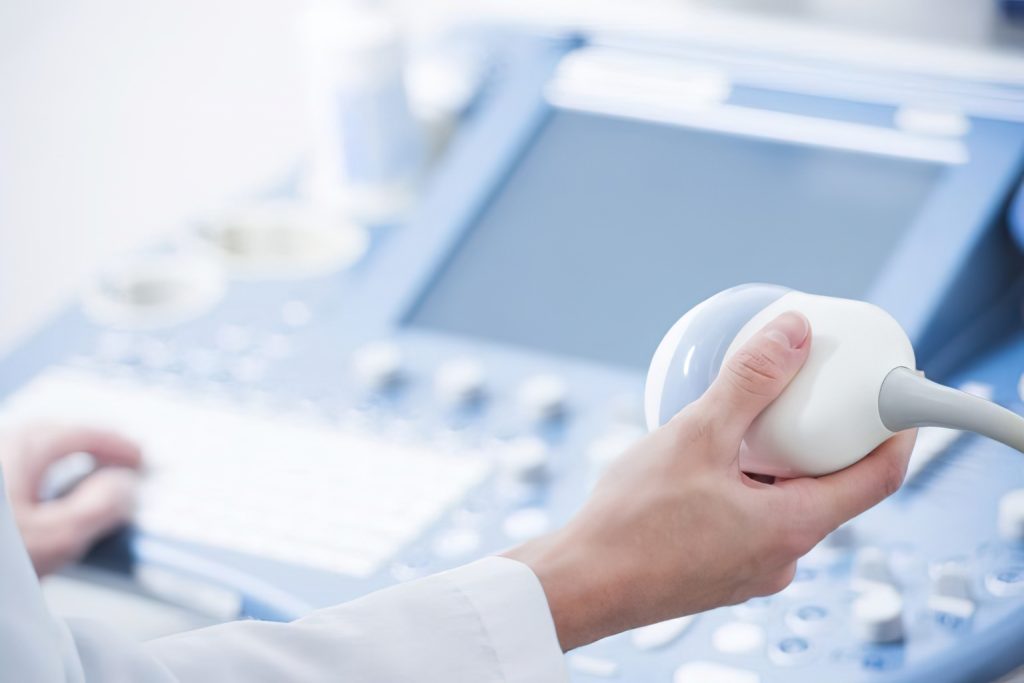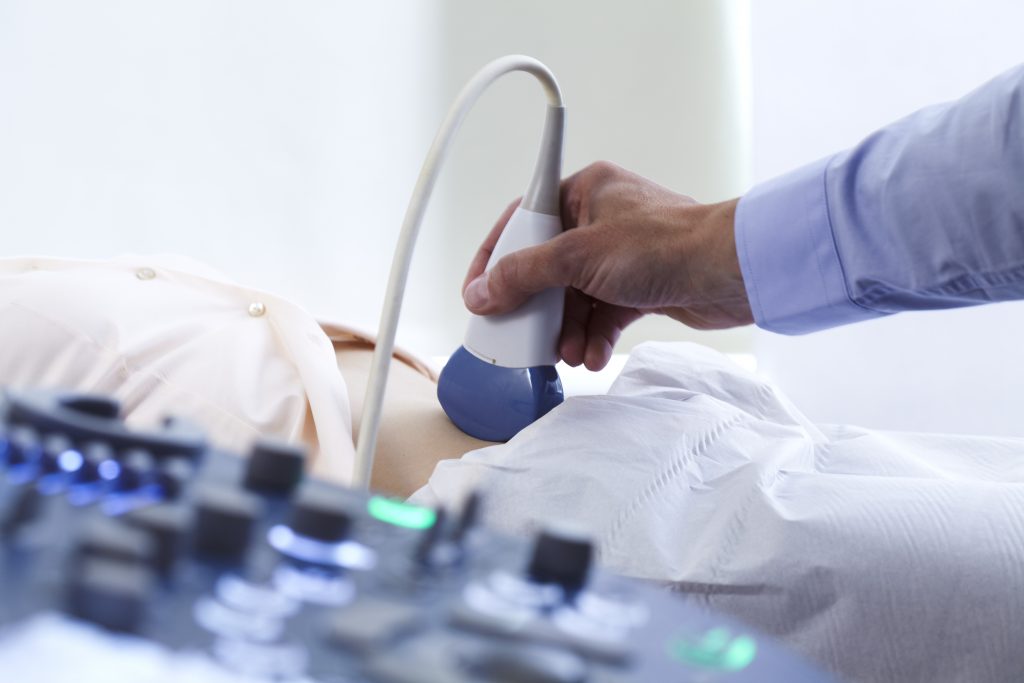The thyroid is a small, butterfly-shaped gland that is located on the front side of the neck. The main function of the thyroid is to make hormones that have the ability to control how the body uses energy. Your body organ needs these hormones as they play many important roles in your body. Sometimes, multiple factors can affect the function of the thyroid. It may lead to an overactive thyroid or underactive thyroid condition. An underactive thyroid is a condition that makes you sensitive to cold, experiencing constipation, and gaining weight. On the other hand, an overactive thyroid can make you sensitive to heat, cause diarrhea, and also lose weight. When you experience such symptoms or signs, you need to perform a thyroid ultrasound. It helps to detect the size, shape, and other assessments of thyroid glands.
Multiple thyroid conditions can cause a variety of signs and symptoms. This article helps you learn what signs indicate a thyroid condition and how sonography can help.
What are the Thyroid Problems?
It is a small gland that your body needs to perform a range of functions. The thyroid produces hormones that are responsible for maintaining heartbeat, metabolism, and other functions in the body. There are multiple conditions that are associated with the thyroid, such as hyperthyroidism, thyroid cancer, hypothyroidism, thyroid nodules, etc.
What are the Signs and Symptoms Caused by Thyroid Conditions?
When you develop a thyroid condition, it can affect the multiple body organs and their functions. If you experience more than one symptom, you should visit your healthcare professional as it helps to diagnose the potential causing factor. The signs and symptoms of thyroid problems are:
Changes in Weight, Digestion, and Appetite
Every thyroid condition can bring different symptoms. Hyperthyroidism also affects your appetite as it makes you feel hungry. Increased appetite can lead to weight gain. However, these types of symptoms can vary from person to person. Sometimes, older people lose their appetite when they develop hyperthyroidism. Digestion also depends on thyroid function. When your thyroid is overactive, it can lead to frequent diarrhea or bowel movements. However, developing an underactive thyroid can cause constipation. Some factors can affect the digestion process and make it slow. People with unexplainable weight gain or weight loss may be suffering from thyroid conditions. Hypothyroidism leads to weight gain while hyperthyroidism causes weight loss.
Difficulty Sleeping
People with sleep disorders can have thyroid conditions. An untreated thyroid condition can cause sleep disorders, such as insomnia, obstructive sleep apnea, etc. Insomnia often occurs due to thyroid problems. A high level of thyroid can make you feel sleepy all the time. Hyperthyroidism is a condition in which a person suffers more from depression and anxiety. Restless legs syndrome can be caused by both hyperthyroidism and hypothyroidism.
Dry Hair or Skin
Multiple causes can affect your body parts and bring on different types of symptoms. People often experience problems associated with hair, nails, and skin. When you develop a thyroid condition, it can cause the following symptoms:
- Discolored skin
- Protruding eyes
- Shiny and soft nails
- Deep lines on your palms and soles
- Brittle, thick, and dry nails
- Slow healing wounds
Thyroid conditions can affect your hair in the following ways:
- Hair loss and bald patches
- Soft and fine hair
- Coarse, dry, dull, and brittle hair
- Missing hair on the outer eyebrow edge
- Changes in hair growth
Heart Problems
Having a thyroid problem can lead to severe health concerns. It can affect your heart palpitations, which can make your heart flutter, beat too hard, etc. The thyroid has an important role to play in your heart function. Hypothyroidism can make you experience the following symptoms
- High blood pressure
- Slow heart rate
- Fluid retention
- Constricted blood vessels
- High cholesterol level
Mood Changes
People experience mood changes when they develop thyroid diseases. An overactive thyroid can bring on symptoms, such as mood swings, irritability, and nervousness. An underactive thyroid also puts you at high risk of anxiety and depression. The treatment of these conditions needs proper treatment.
Cold and Heat Sensitivity
Hypothyroidism makes you sensitive to cold while hyperthyroidism causes you to feel sensitive to heat. An underactive thyroid slows down your body systems, which makes your cells have less energy to burn.
If you experience these symptoms, a thyroid ultrasound can help to diagnose the potential thyroid condition.
Why Thyroid Ultrasound is Critical to Detect Potential Diseases?
An ultrasound is an advanced diagnostic tool that uses sound waves to get a detailed image of internal body functions. A probe is used to send the sound waves inside the body. It helps to see the soft tissues and to determine if a lump in the neck is changing in shape and size from the thyroid or an adjacent structure. Using sonography can also reveal the appearance of thyroid nodules and their features. Doctors often use ultrasound to perform a biopsy.
The Bottom Line
Thyroid conditions can affect your overall health and lead to other health complications if not treated properly. When you experience some symptoms, you need a thyroid ultrasound that helps to detect the size of nodules or thyroid health. At RIZ Ultrasound, we offer quality sonography services using advanced equipment. We use advanced equipment to diagnose the potential causes.







